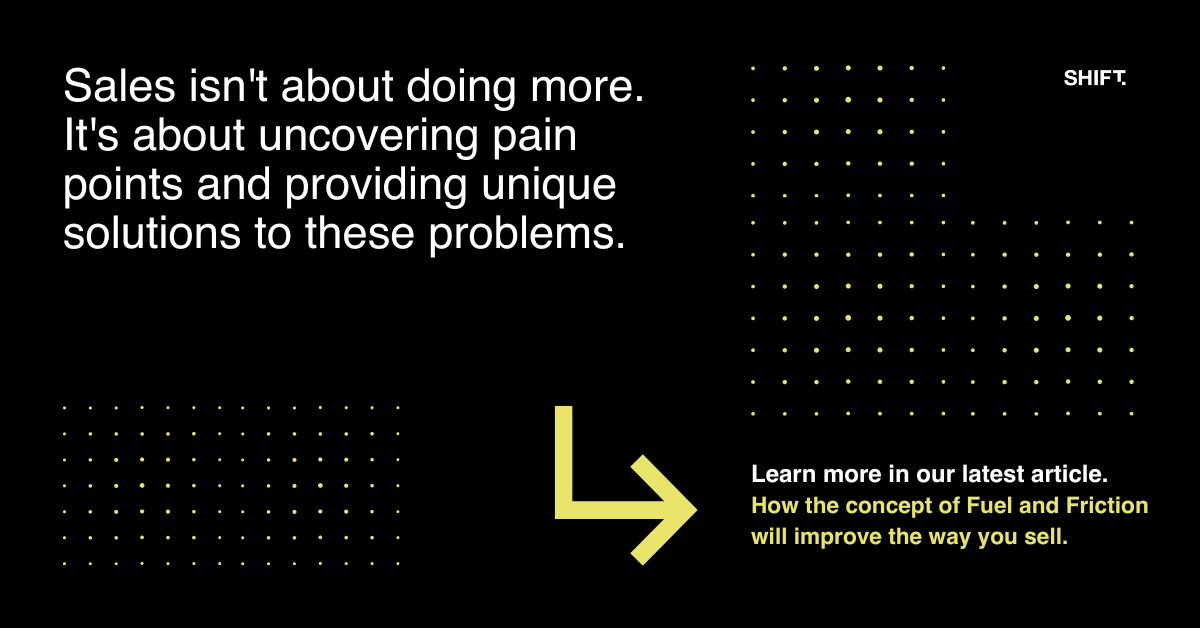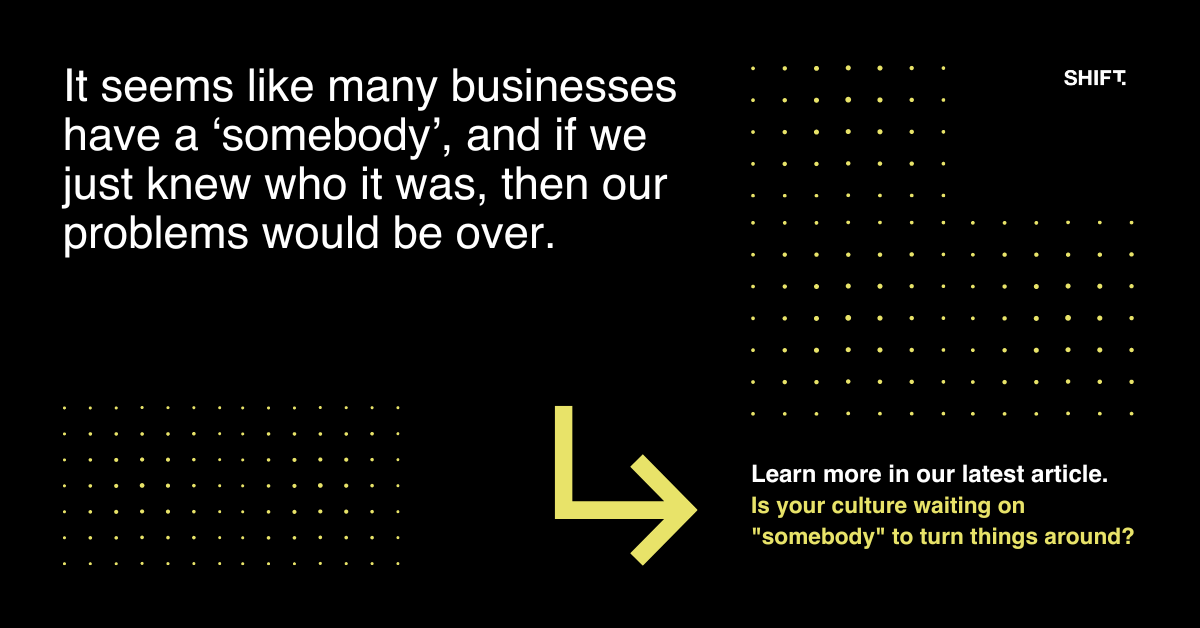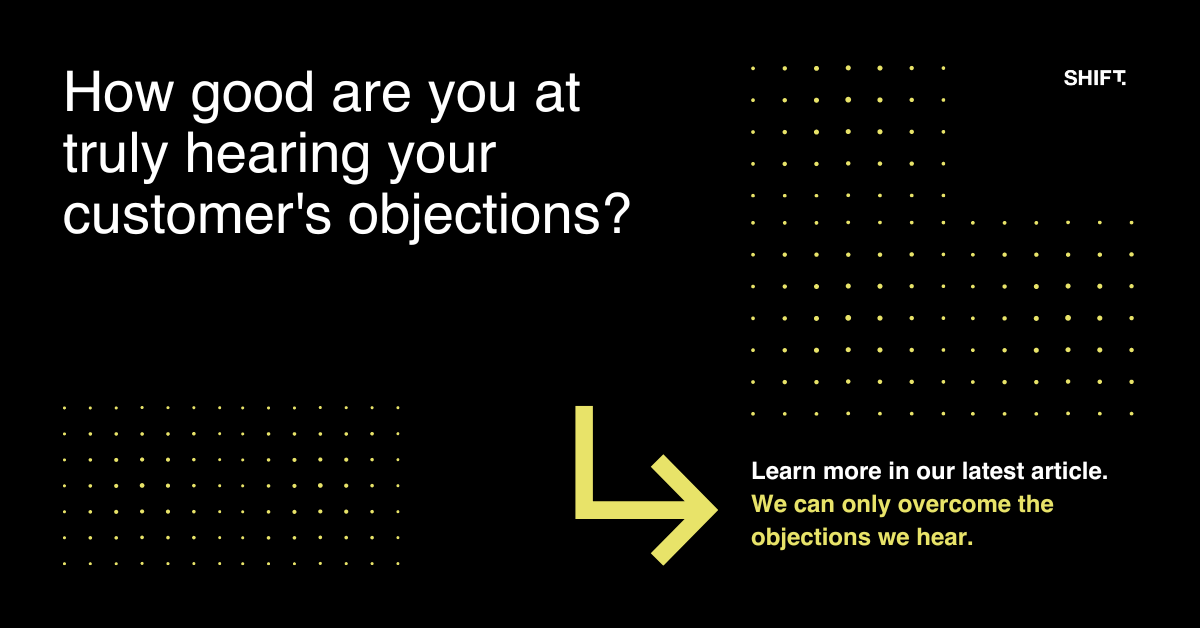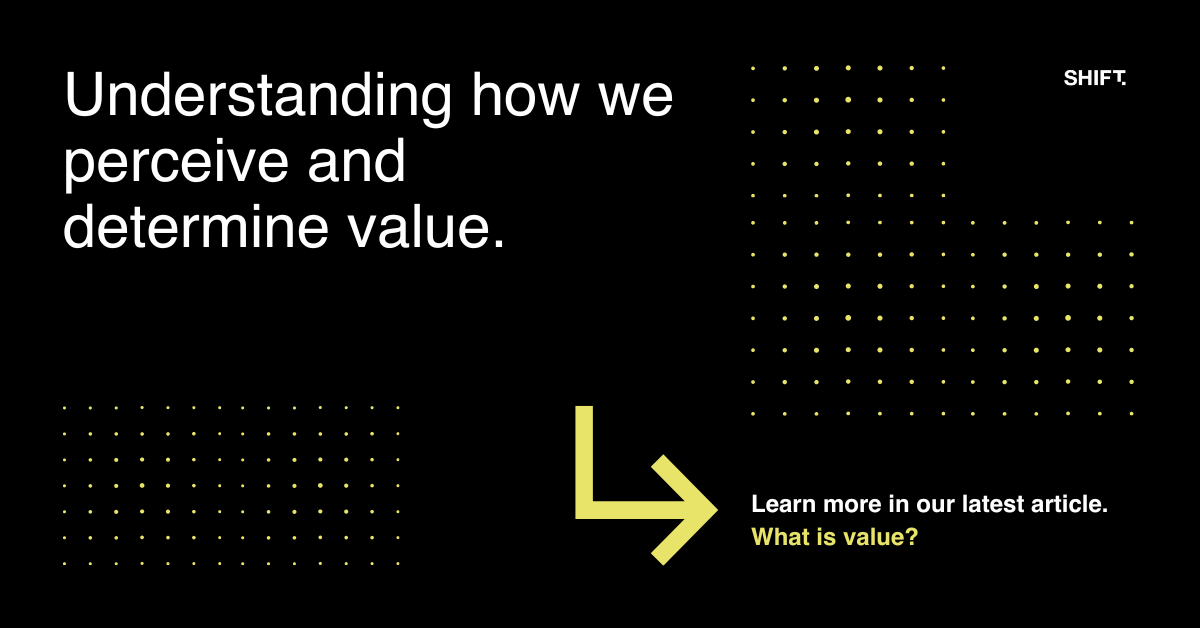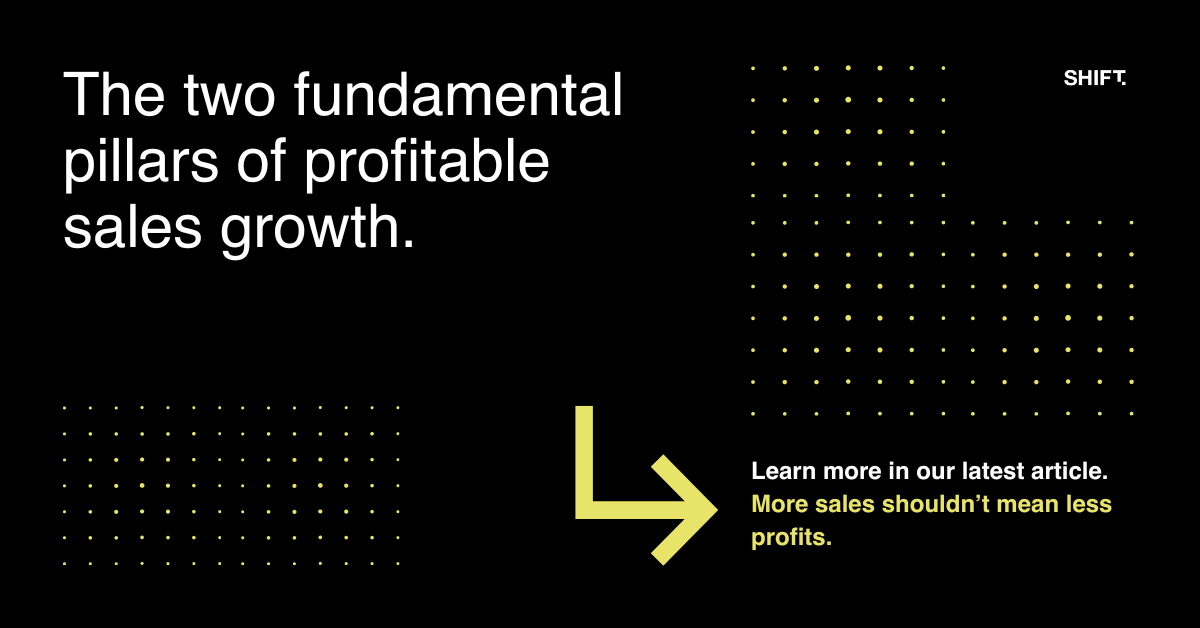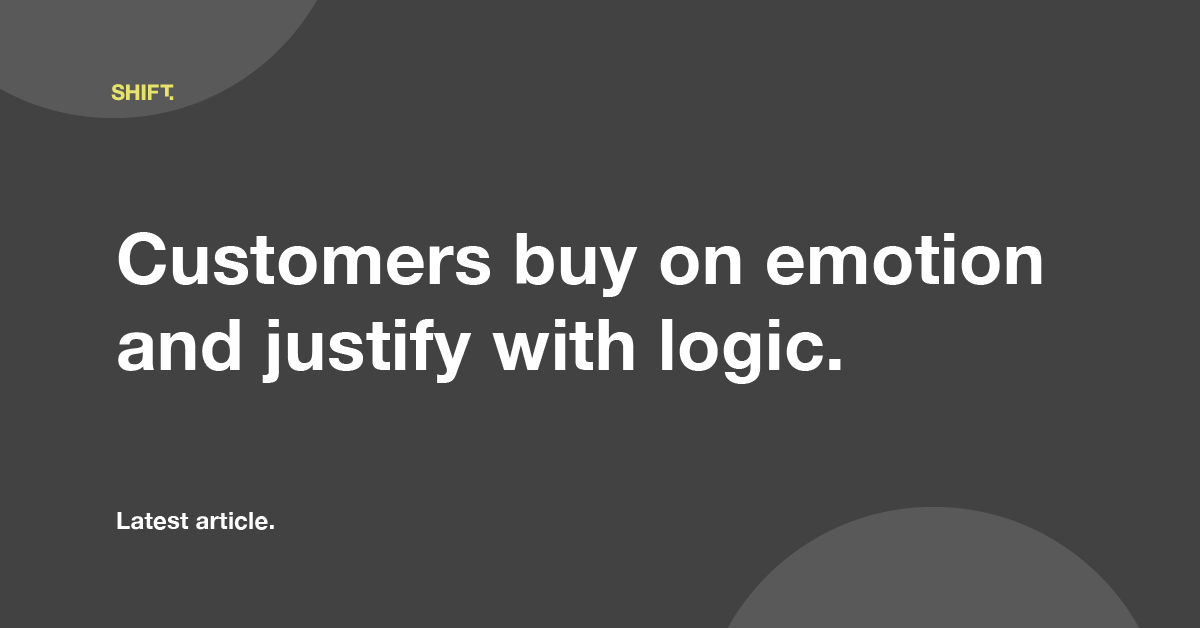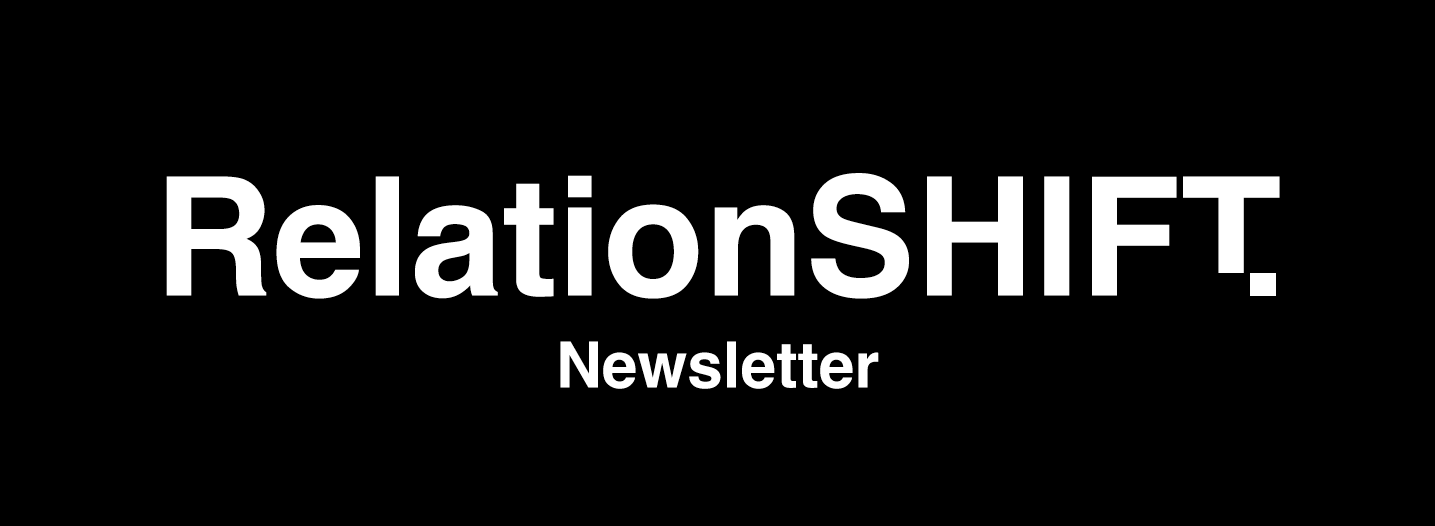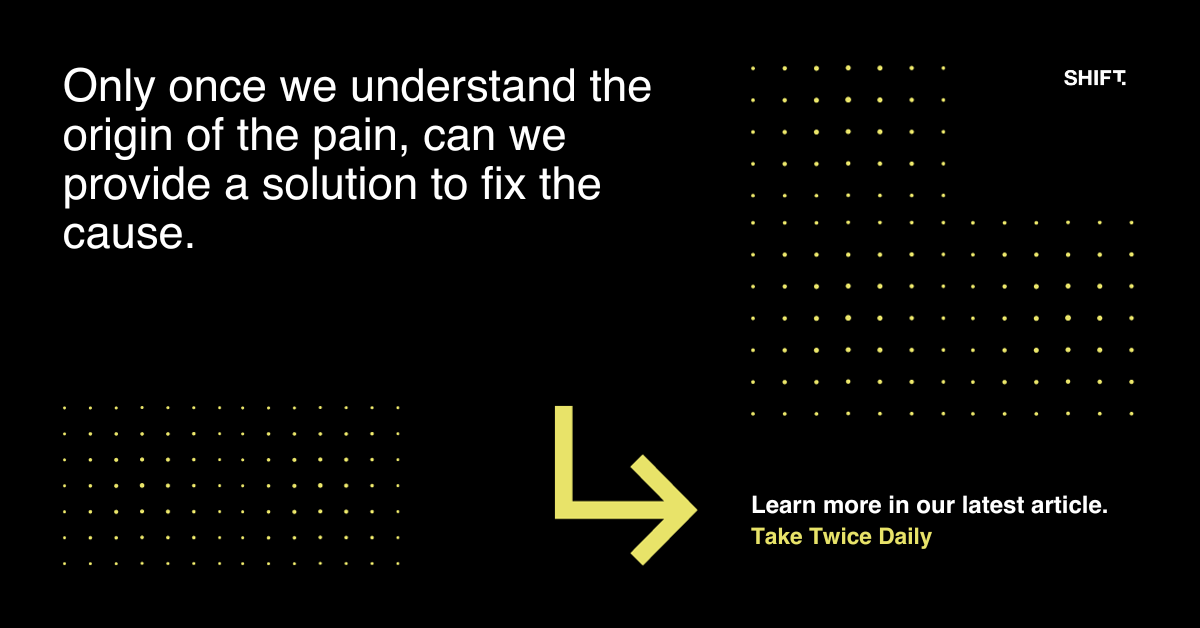Salespeople and their companies commoditise products and services before the customer does.
The other day I was with a good friend of mine (he is a successful property developer in the affluent suburbs of Melbourne). We caught up to talk about one of his current projects, the products he uses, and the suppliers he buys from. I was keen to understand what he saw as important in his decision of what he buys, and how brands play a part in his decision.
I knew his answers would be full of contradictions - it's a commonality in the supplier/customer relationship - and he didn’t let me down. I asked him where he got his lighting from and he told me that he looks online for his downlights to see how cheap he can buy them.
From this statement, you could be led to believe that it is all about price and that it's the most important thing to him (despite his business being based on the quality of his build, referrals and his brand as a developer - he does very well from this). I then asked how important quality, stock availability, warranty and after-sales were. All of these were more important to him than the price...
He then told me that he had recently bought a house full of downlights that are ten times the price of what he would typically pay online, and then was ‘selling’ to me the brand and the reasons around why he bought them.
Why do customers in one statement tell you it's about price and then in the second statement (when handled well) completely contradict themselves?
The answer lies with the salesperson and selling cultures of different businesses. When the people within a business don’t understand why customers buy, they tap into their confirmation-bias about price and justify their behaviour by saying “these products are now just commodities and we can’t do anything about it”. Once they believe this, then the customer will follow suit. The first people to commoditise a product or service are the deliverers of the product and service themselves.
Once we as a business take for granted what we do, so then will our customers. Shifting your perspective from one of ‘commodity’ to ‘added value’ allows us to find the true selling practice required to create win/win outcomes.
Do you have commoditisation in your business? – Is this part of your mindset, to shrug your shoulders and say, “what can we do? It's a commodity product!” Do you blame others in the industry for the cause but follow the same path, or worse still - blame the customer?
Customers buy on emotion and then justify their decision with logic, not the other way around.
Just like my developer friend earlier on this article - he was sold on the emotion of the lights he had paid ten times more for and then sold me on the logic behind why he bought these downlights.
The answer is to develop a sales culture that understands why customers buy, and how to connect the emotion with what the business offers.
